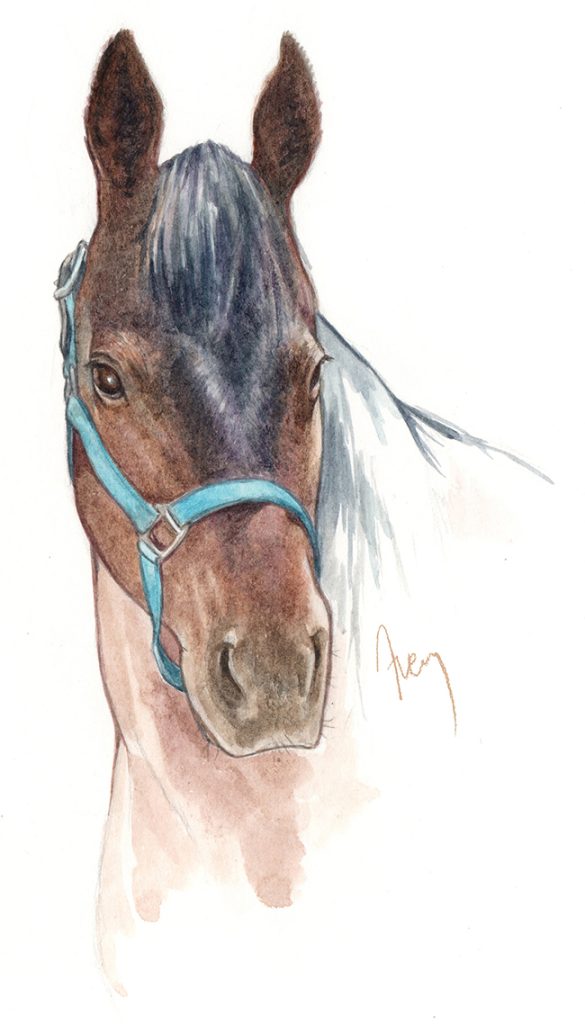By Avery Bowe,
Visual Storyteller/ Communications Coordinator, The Resilience Institute
When we talk about building climate resilience, we might describe methods like planting drought-tolerant cultivars, constructing dams and levees, or reviving urban green spaces. We might also think about improving access to air-conditioned spaces or working towards transformative change in food and water security and sovereignty for vulnerable communities.
Discourse on climate resilience most often relates to human communities. But farm and companion animals, whose lives are intricately connected with ours, are vulnerable as well. Horses, cows, and chickens are impacted by the same, or similar, climate-charged disasters that flood homes and trigger evacuations. We can only imagine that dogs, cats, and other companion animals feel just as scared when their worlds turn upside-down in a disaster. Evacuation plans have often been inadequate for these animals—or excluded them altogether.
The welfare of farm animals is often hidden beneath the more visible harm of lost yield and productivity. Like us, cattle are affected by heat; at its most extreme, extreme heat can result in heat stress and death for these animals. (The worst of the heat waves in 2021 killed 650 000 farm animals in western Canada.) We have also witnessed an unthinkable mortality of farm animals during disasters—such as during the devastating 2021 floods in British Columbia, Canada.
Companion animals are vulnerable too. During the 2016 Fort McMurray, Alberta, wildfire, sudden evacuation orders meant that many residents couldn’t bring their pets with them. One resident describes feeling upset and worried about having to leave her dog and cat behind. Other evacuees were able to retrieve their pets, though they had to violate the evacuation orders in the process.
But, there is good news to share! Humane Canada is building a comprehensive national emergency response plan and network to ensure companion animals are part of disaster planning from the very beginning—not as an afterthought.
The Government of British Columbia has also prepared a pet emergency plan to assist pet-owners in keeping their animals safe during a climate or weather emergency.
If we were to take these steps further, what might climate adaptation planning and implementation look like if we considered our non-human relatives—from horses and cattle to cats and dogs—as part of the vulnerable?
Farm animals are considered essential by many. Cats and dogs are beloved companions. What we can do in return is to treat them with respect, gratitude, and dignity.




